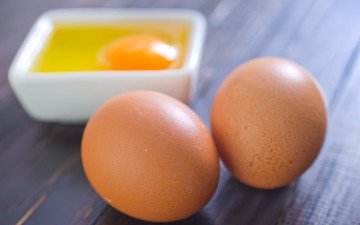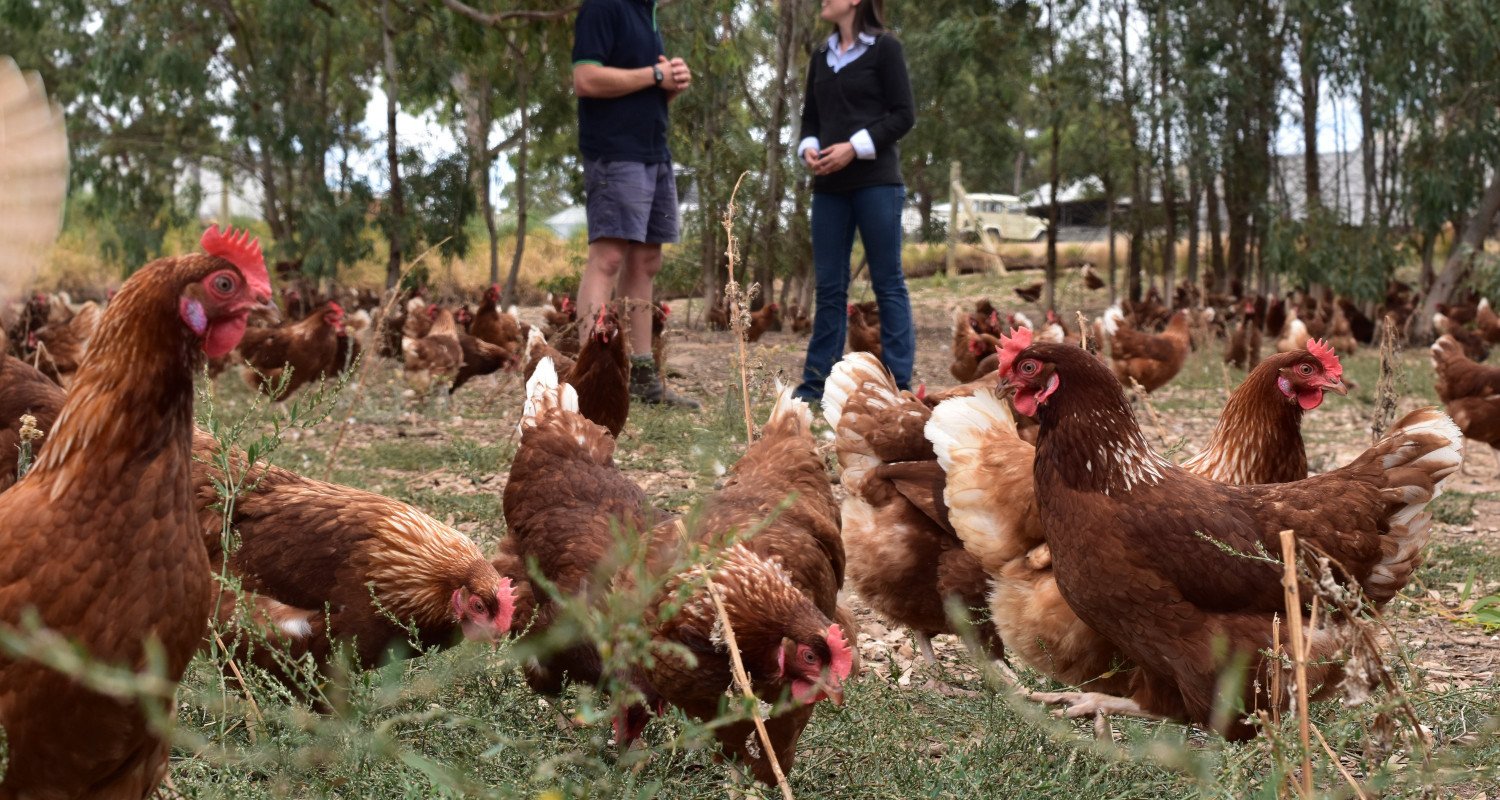
Calories in Eggs
Frequently Asked Questions
How Many Calories Are There in An Egg?
An average-size egg contains 74 calories, or 310 kJ. This is the egg size found in the 700 gram cartons that most people buy.
How Many Kilojoules in An Egg?
An average size egg from a 700 gram carton contains 310 kilojoules. However, the exact number of kilojoules depends on the size of the egg.
How Many Calories in Two Eggs?
An average serving size of two eggs contains only 148 calories or 620 kilojoules – roughly the same as two apples.
How Many Calories in An Egg White?
The white of a 60 gram egg contains about 17 calories.
How Many Calories in a Boiled Egg?
A 60g boiled egg contains only 74 calories or 310 kJ.
How Many Calories in a Poached Egg?
A typical 60g poached egg contains 74 calories or 310 kJ.
How Many Calories in a Fried Egg?
The number of calories in fried eggs depends on the amount and type of oil, butter or margarine (if any) that is used in the frypan. Generally, using oil, butter or margarine will result in a fried egg having more calories than a boiled or poached egg.
How Many Calories in Scrambled Eggs?
Scrambled eggs are one of the easiest and tastiest dishes to make but they are likely to contain more calories than boiled or poached eggs as recipes typically call on milk and butter.
 >
> 






